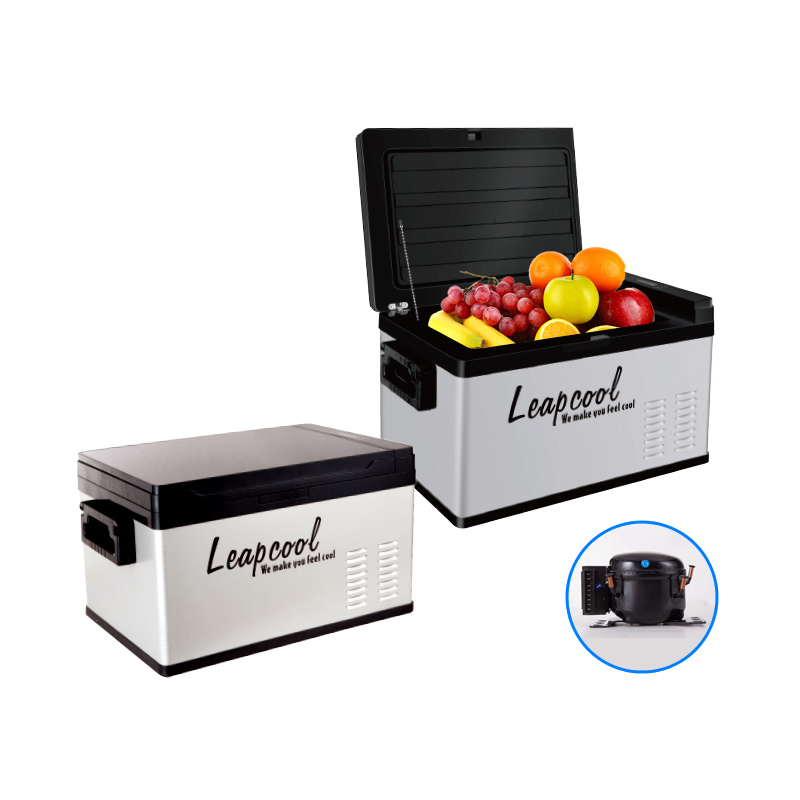Power-saving tips for
refrigerators are essential for reducing energy consumption and saving on electricity bills. Here are some effective ways to make your refrigerator more energy-efficient:
Set the Right Temperature: Keep your refrigerator at the ideal temperature of 37-40°F (3-4°C) and your freezer at 0°F (-18°C). These settings ensure your food stays safe while minimizing energy usage.
Maintain Proper Seal: Check the door seals (gaskets) to ensure they are clean and free from cracks. A tight seal prevents cold air from escaping and warm air from entering.
Organize the Fridge: Arrange items in a way that allows for proper air circulation. Don't overcrowd the shelves, as this can block air vents and reduce efficiency.
Keep Food Covered: Cover food and liquids to prevent excess moisture from entering the fridge. Moisture can make the compressor work harder.
Allow Hot Food to Cool: Allow hot food to cool down before placing it in the fridge. Putting hot dishes directly inside the refrigerator increases its workload.
Regular Cleaning: Clean the condenser coils, usually located on the back or bottom of the refrigerator, to remove dust and dirt. Dirty coils reduce the fridge's efficiency.
Use the "Economy" Setting: If your fridge has an "economy" or "vacation" setting, use it when you're away for an extended period or when the fridge is not heavily stocked.
Limit the Time the Door is Open: Every time you open the fridge, warm air enters, and the compressor has to work harder to maintain the temperature. Be mindful of what you need and close the door quickly.
Invest in a Fridge Thermometer: Placing a thermometer inside the refrigerator and freezer can help you monitor and adjust the temperature settings more accurately.
Upgrade to LED Lighting: If your refrigerator has incandescent or old-style lighting, consider replacing them with energy-efficient LED bulbs.
Proper Location: Place your refrigerator in a cool, well-ventilated area, away from direct sunlight, stoves, or heat sources. The cooler the surrounding environment, the less energy it will use.
Maintain Proper
Refrigerator Fill: A full fridge retains cold better than an empty one. If you have a lot of empty space, consider using containers of water to fill it up.
